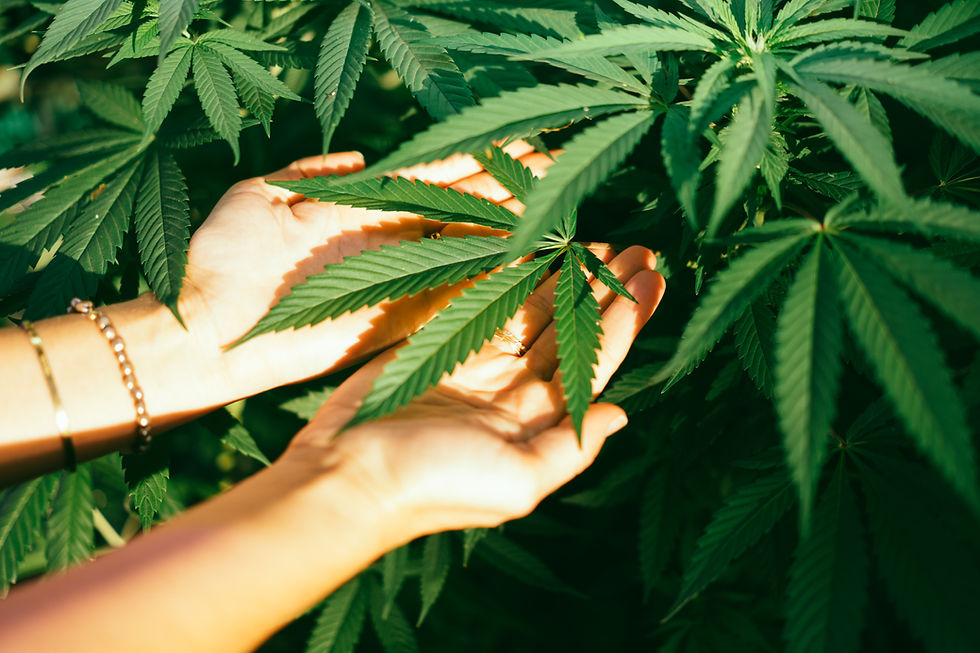
Cannabis Regulatory Program
Getting A Legal Permit To Transport, Cultivation, Processing & Distribution Of Cannabis Products in all 50 State
Cannabis Regulatory Program
Legislation and Regulation: Each state has enacted legislation to legalize cannabis for medical and/or recreational use. This legislation establish the legal framework for the cultivation, sale, possession, and use of cannabis within the state.
Regulatory Agencies: States has establish regulatory agencies responsible for overseeing the cannabis industry. These agencies would develop and enforce regulations related to licensing, product testing, packaging, labeling, advertising, and other aspects of the cannabis market.
Licensing and Permitting: Individuals and businesses interested in participating in the cannabis industry would need to obtain licenses or permits from Kali's Business Solutions or a regulatory agency in your state. This would include licenses for cultivation, processing, distribution, retail sales, testing laboratories, and other related activities.
Cultivation and Production: Regulations would be established for the cultivation and production of cannabis. This would include requirements for security, quality control, pesticide use, environmental impact, and other factors to ensure the safety and integrity of the cannabis supply.
Product Testing and Quality Assurance: Cannabis products would be subject to testing for potency, purity, and contaminants such as pesticides, heavy metals, and molds. Testing laboratories would need to be accredited and follow standardized testing protocols to ensure accurate and reliable results.
Packaging and Labeling: Kali's business Solutions will specify requirements for packaging and labeling of cannabis products. This would include information such as potency, serving size, ingredients, health warnings, and other relevant information to help consumers make informed choices.
Taxation and Revenue: States would impose taxes on the sale of cannabis products to generate revenue for government programs and services. Tax rates would vary depending on the type of product and whether it is sold for medical or recreational use.
Social Equity and Inclusion: States may implement policies to promote social equity and inclusion in the cannabis industry. Kali's Business Solutions includes programs to support minority-owned businesses, expungement of cannabis-related criminal records, and reinvestment of cannabis tax revenue into communities disproportionately affected by the war on drugs.
Public Health and Safety: Regulations would be established to protect public health and safety related to cannabis use. This could include restrictions on advertising and marketing, age limits for purchase and consumption, limits on THC potency, and education campaigns to promote responsible use.
Interstate Commerce and Federal Compliance:Kali's business Solutions consider federal laws and regulations related to cannabis, including the Controlled Substances Act in all 50 states.
It's important to note that each state has tailor its cannabis program to reflect the preferences and values of its residents, as well as the unique legal and regulatory landscape of the state. This framework provides a starting point for developing a cannabis program but would require detailed planning, stakeholder input, and ongoing evaluation and adaptation to ensure its success Terms. Read our Privacy Policy. sensitive info. you agree to our TERMS.
Power in Numbers
100
Programs
100
Locations
Volunteers
Project Gallery














